Đây là nỗ lực của hai nền kinh tế lớn nhất thế giới nhằm hạ nhiệt cuộc chiến thương mại kéo dài, vốn đã gây lo ngại về nguy cơ suy thoái và khiến thị trường tài chính toàn cầu bất ổn.
Bộ trưởng Tài chính Mỹ, ông Scott Bessent, cho biết sau cuộc đàm phán với các quan chức Trung Quốc rằng hai bên đã thống nhất tạm dừng các biện pháp thuế quan trong 90 ngày. Theo đó, mức thuế hiện tại sẽ được giảm hơn 100 điểm phần trăm, đưa về mức cơ bản 10%.
.png)
Cả hai quốc gia đều bảo vệ lợi ích quốc gia của mình một cách hiệu quả và đều hướng tới mục tiêu cân bằng thương mại. Tuyên bố này đã giúp đồng USD tăng giá so với các đồng tiền chủ chốt và góp phần trấn an thị trường, vốn đang hoang mang kể từ khi Tổng thống Donald Trump tái khởi động cuộc chiến thuế quan hồi tháng trước.
Phát biểu cùng với Đại diện Thương mại Mỹ Jamieson Greer, ông Bessent cho biết hai bên đều đồng thuận rằng không bên nào mong muốn xảy ra tình trạng “cấm vận kinh tế”.
Ông ví mức thuế cao vừa qua giống như một cuộc cấm vận, điều mà cả hai bên đều không mong muốn. Thay vào đó, cả Mỹ và Trung Quốc đều muốn duy trì hoạt động thương mại bình thường.
Cuộc gặp tại Geneva đánh dấu lần đầu tiên các quan chức kinh tế cấp cao của hai nước đối thoại trực tiếp kể từ khi ông Trump trở lại Nhà Trắng và phát động làn sóng áp thuế toàn cầu, trong đó Trung Quốc là mục tiêu lớn nhất với nhiều loại thuế cao.
Kể từ đầu nhiệm kỳ hai vào tháng 1, ông Trump đã tăng thuế nhập khẩu hàng Trung Quốc lên tới 145%, chưa kể các mức thuế đã áp trong nhiệm kỳ đầu và những biện pháp của chính quyền Biden trước đó.
Đáp lại, Trung Quốc áp dụng các biện pháp hạn chế xuất khẩu một số nguyên tố đất hiếm, vốn cực kỳ quan trọng đối với ngành công nghiệp quốc phòng và điện tử của Mỹ, đồng thời nâng mức thuế lên hàng hóa Mỹ lên đến 125%.
Cuộc chiến thuế quan giữa Mỹ và Trung Quốc từng khiến dòng thương mại song phương trị giá gần 600 tỷ USD gần như bị tê liệt. Tình trạng này đã làm gián đoạn chuỗi cung ứng toàn cầu, dấy lên lo ngại về suy thoái kèm lạm phát và dẫn đến một số đợt sa thải lao động.
Tuy nhiên, sau khi có dấu hiệu hạ nhiệt trong căng thẳng, thị trường tài chính đã phản ứng tích cực. Các chỉ số chứng khoán tương lai trên phố Wall tăng điểm nhờ hy vọng về việc tránh được một cuộc suy thoái toàn cầu.
Ông Zhiwei Zhang, kinh tế trưởng của Pinpoint Asset Management tại Hồng Kông, cho biết ông bất ngờ với kết quả đàm phán, vì ban đầu chỉ kỳ vọng mức thuế giảm xuống khoảng 50%. Ông đánh giá đây là tín hiệu tích cực không chỉ cho kinh tế hai nước mà còn cho cả nền kinh tế toàn cầu, đồng thời làm dịu bớt lo ngại của nhà đầu tư về sự đứt gãy chuỗi cung ứng trong ngắn hạn.
Sau cuộc gặp vào Chủ nhật, phía Mỹ khẳng định hai bên đã đạt được một thỏa thuận nhằm giảm thâm hụt thương mại của Mỹ. Trong khi đó, Trung Quốc tuyên bố hai nước đã đạt được “đồng thuận quan trọng” và sẽ khởi động một diễn đàn đối thoại kinh tế mới.
Tổng thống Mỹ Donald Trump tỏ ra lạc quan ngay cả khi cuộc đàm phán còn chưa kết thúc. Ông nói rằng hai bên đã có một “cuộc tái khởi động toàn diện” trong bầu không khí thân thiện nhưng mang tính xây dựng.
Việc áp thuế của ông Trump trước đó được thực hiện một phần sau khi ông tuyên bố tình trạng khẩn cấp quốc gia do một loại ma túy nguy hiểm fentanyl tràn vào Mỹ. Đại diện Thương mại Mỹ Jamieson Greer cho biết các cuộc trao đổi về việc kiểm soát fentanyl diễn ra rất xây dựng, dù được tách biệt khỏi cuộc đàm phán thương mại.
Phó Thủ tướng Trung Quốc Hà Lập Phong cũng đưa ra phát biểu thận trọng hơn, nhưng vẫn ca ngợi “những tiến triển đáng kể” sau các cuộc đối thoại, diễn ra tại biệt thự riêng của Đại sứ Thụy Sĩ bên hồ Geneva.
Nguồn: https://baonghean.vn/dam-phan-thuong-mai-my-trung-muc-thue-hang-hoa-giam-ve-muc-10-10297110.html







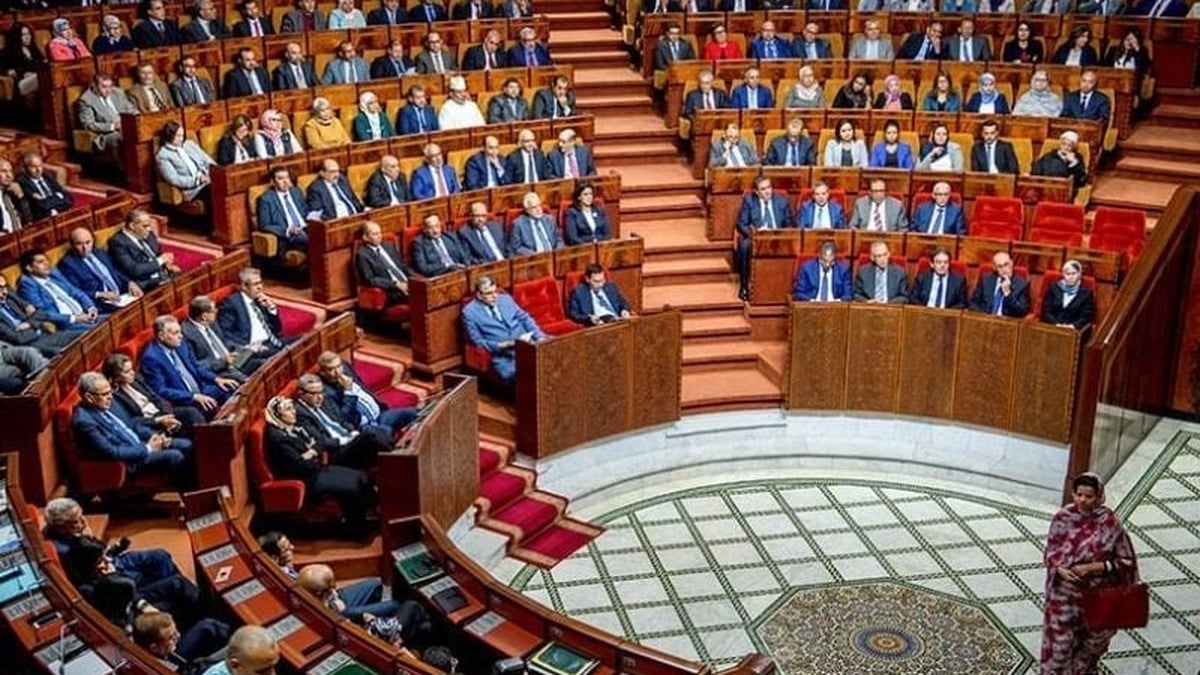



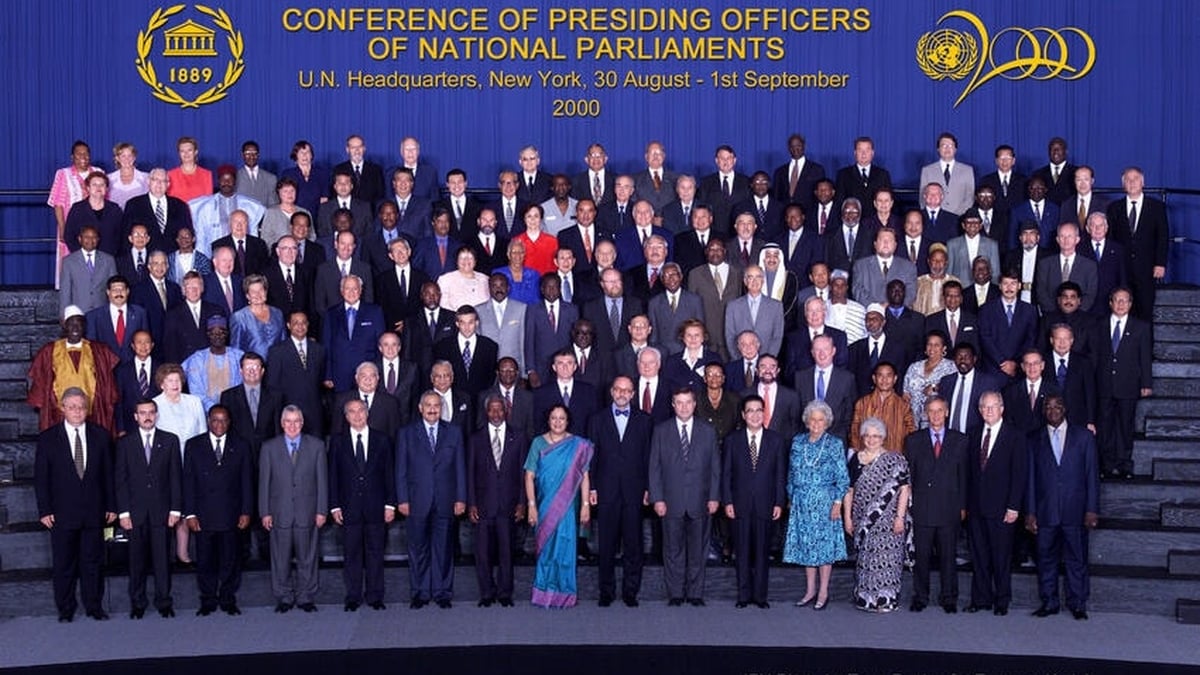















![[Photo] National Assembly Chairman Tran Thanh Man visits Vietnamese Heroic Mother Ta Thi Tran](https://vphoto.vietnam.vn/thumb/1200x675/vietnam/resource/IMAGE/2025/7/20/765c0bd057dd44ad83ab89fe0255b783)


































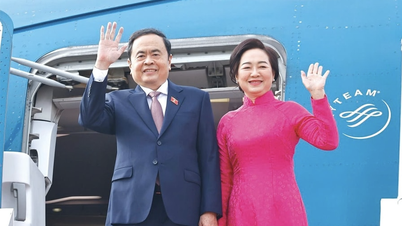




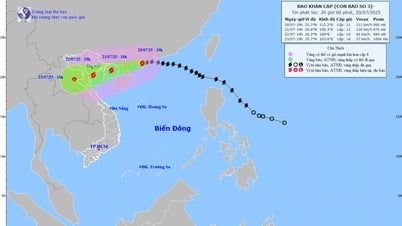







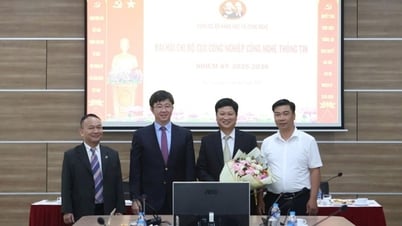
























Comment (0)